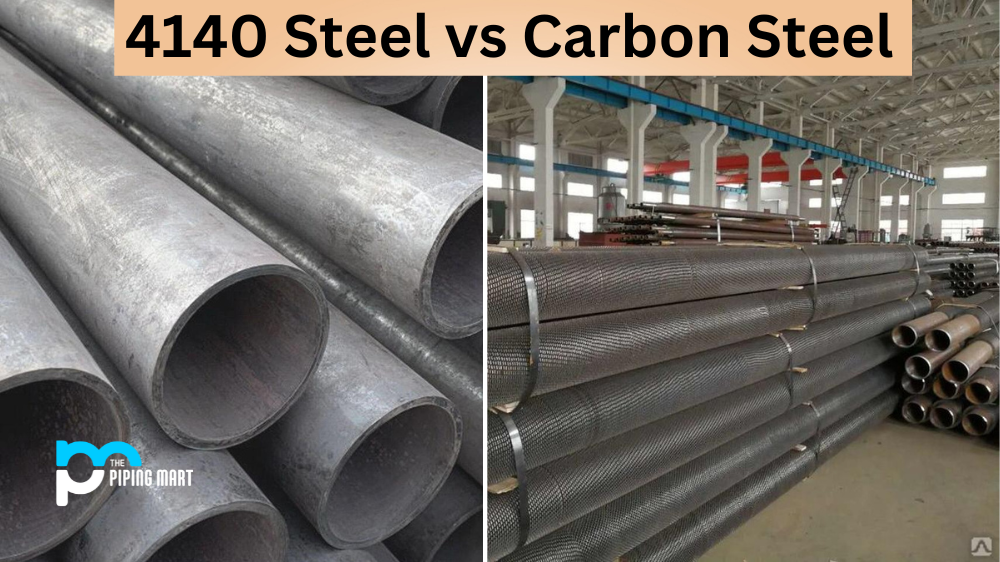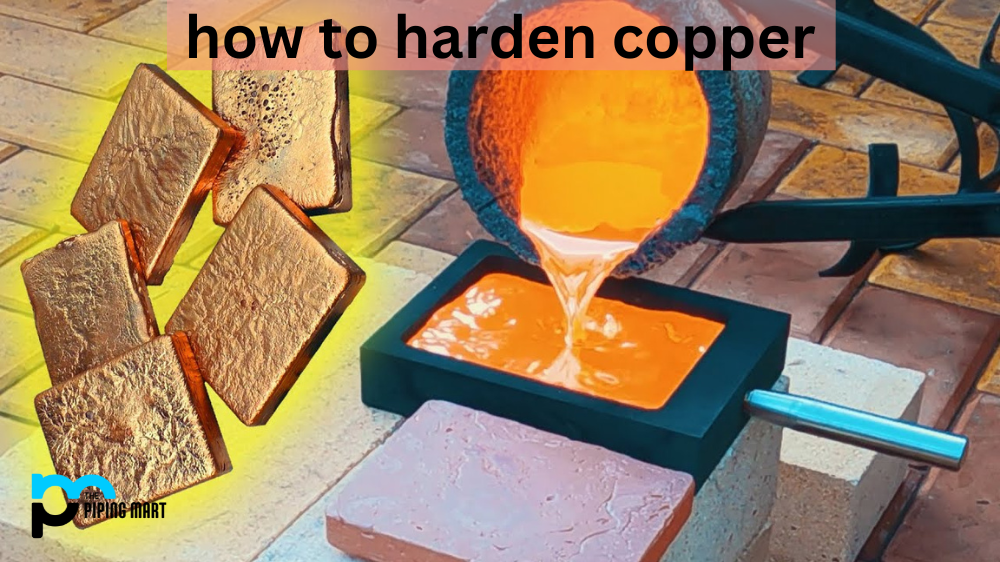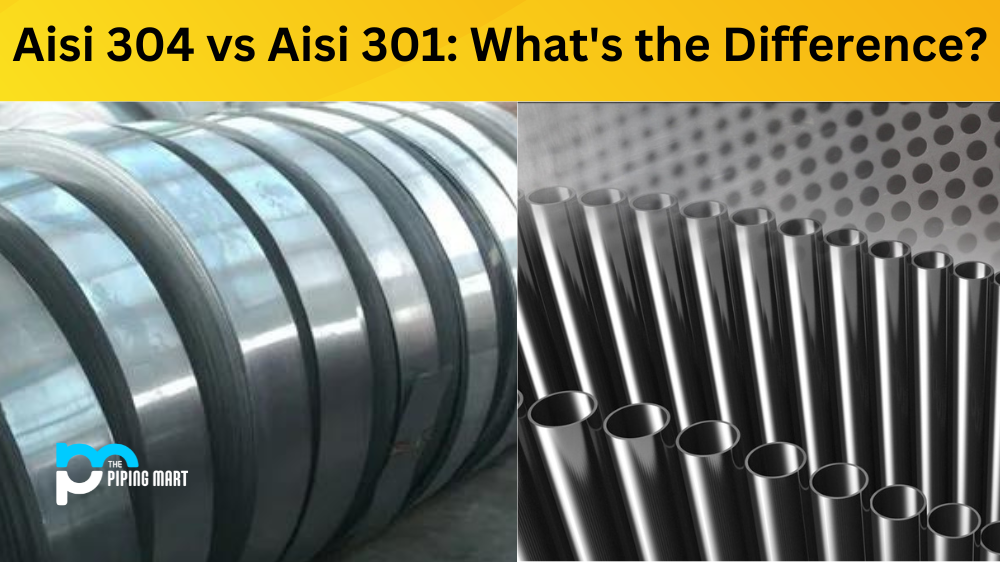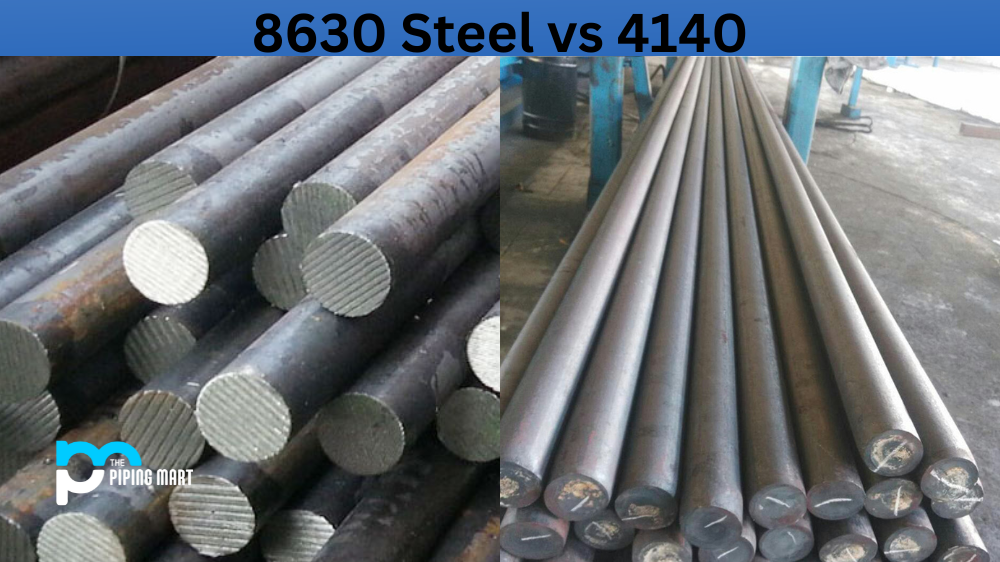When it comes to steel, there are various types available in the market. You may have heard of two common types of 4140 steel and carbon steel. These two metals have unique properties that make them suitable for different applications. If you’re considering using steel for your next project, it’s essential to understand the differences between these materials and determine which one will suit your needs best. This blog post delves into the differences between 4140 steel and carbon steel and helps you decide which is best.
Difference 4140 Steel vs Carbon Steel
Chemical Composition
The primary difference between 4140 steel and carbon steel is their chemical composition. 4140 steel is an alloy steel that contains both carbon and alloying elements like chromium, molybdenum, and manganese. Adding these elements gives 4140 steel enhanced properties like increased strength, wear resistance, and toughness compared to carbon steel. On the other hand, carbon steel is an iron-carbon alloy that only contains small amounts of other elements like manganese, silicon, and copper. Carbon steel is simpler to produce and more affordable than 4140 steel.
Hardness and Strength
4140 Steel is a popular choice for manufacturing tools and machinery because of its hardness and strength. It has a Rockwell hardness of 28-32, making it very hard and durable. This type of steel also has high tensile strength, making it resistant to bending or breaking under pressure. On the other hand, carbon steel has a lower hardness and strength compared to 4140 steel. It’s softer and more malleable, making it more comfortable to hammer, forge or cast into different shapes.
Machinability
Machinability refers to how easy cutting, shaping, or drilling a material is. 4140 steel’s chemical composition makes it harder to work with than carbon steel. While it’s more challenging to machine 4140 steel, the result is a workpiece that can withstand higher stress and temperature. Carbon steel, on the other hand, is more forgiving when it comes to machining. However, it’s essential to note that carbon steel can warp or bend if you apply too much heat or pressure.
Corrosion Resistance
Another difference between 4140 steel and carbon steel is their ability to resist corrosion and rust. 4140 steel is more resistant to rust due to its alloying elements. However, it’s still susceptible to corrosion if exposed to harsh chemicals or environments. Carbon steel is prone to rust because of its composition, but it can be protected by adding a coat of paint or oil.
Price
Finally, price is a factor that you should consider when choosing between 4140 steel and carbon steel. As mentioned earlier, carbon steel is simpler to produce and more affordable than 4140 steel. Carbon steel may be the more cost-effective option if your project doesn’t require high durability or strength.
Conclusion
In conclusion, 4140 and carbon steel are excellent materials for different applications. While 4140 steel is pricier and harder to machine, it boasts impressive hardness, strength, and corrosion resistance compared to carbon steel. Carbon steel, on the other hand, is more affordable and malleable but requires various coatings to prevent rust and corrosion. Depending on your needs, either of these two types of steel can work for your project. With this information, you can weigh out the pros and cons of each steel type and make an informed decision.
Rachana is a dedicated and ambitious young woman who has made a name for herself in the metal industry. From her earliest days in the industry, Rachana showed a natural talent for problem-solving and a keen eye for detail. In her free time, She enjoys reading up on the latest advancements in the industry, as well as exploring new ways to innovate and improve upon existing processes.




